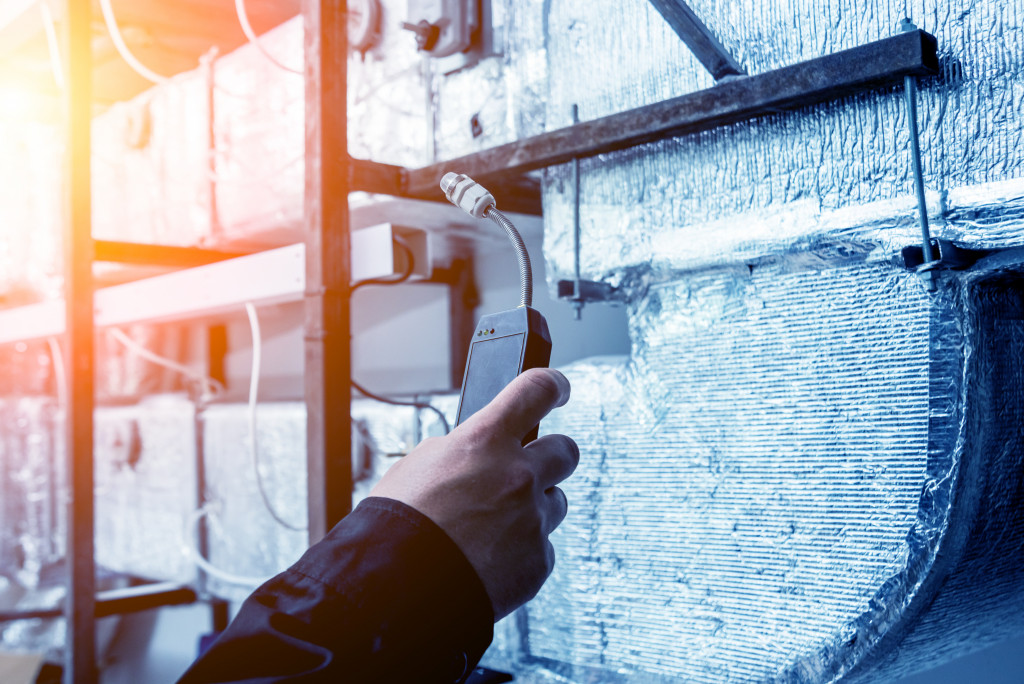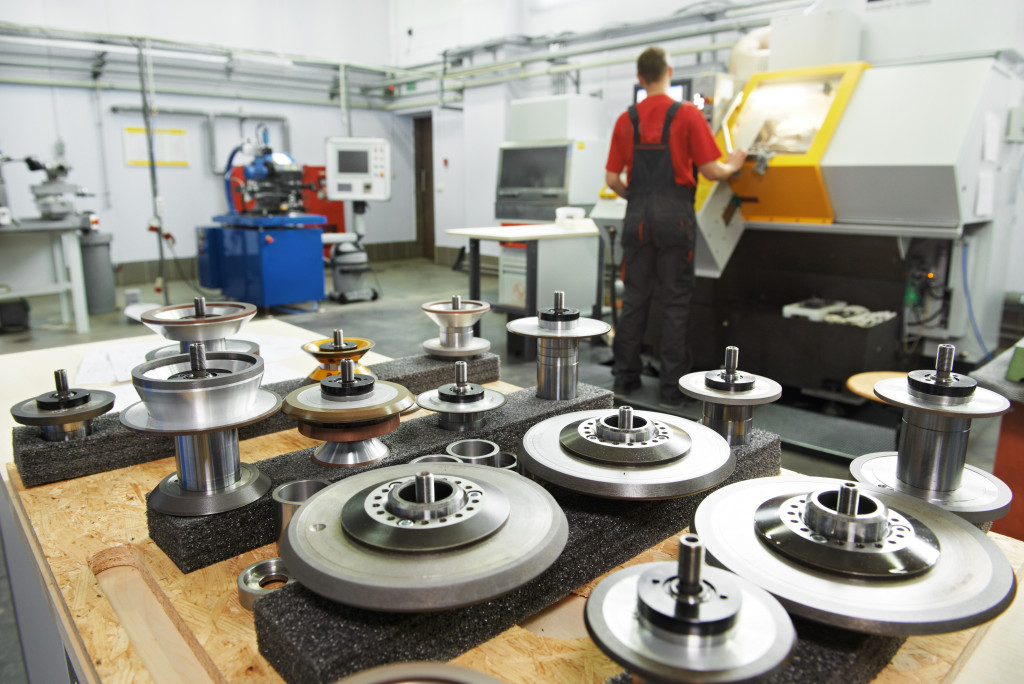Businesses are often looking for ways to improve their products and services. In the manufacturing industry, quality control ensures that products meet customer expectations. This can be a challenge, as many factors can affect the quality of a product.
One important factor in maintaining quality control is equipment calibration. Calibration is the process of verifying the accuracy of an instrument or device. This ensures that the measurements taken by the device are accurate and consistent. Calibration is a key part of quality control, as it helps to ensure that equipment is accurate and reliable.
Accurate measurements are vital in many industries, from manufacturing to healthcare. If equipment is not properly calibrated, it can lead to inaccurate measurements, which can, in turn, lead to poor quality control. That’s why ensuring that your equipment is calibrated correctly is important.
There are many benefits to calibration, including the following:
1. Consistent measurements
In quality control, the role of equipment calibration is to ensure that measurements are consistent. This is essential in any manufacturing process, as even slight variations in size or shape can lead to significant problems. Calibration also helps identify when a machine is starting to wear out, preventing major failures.
For instance, measuring materials’ thickness must be regularly calibrated. If the device is not properly calibrated, it could lead to inaccurate measurements. This, in turn, could result in the production of defective products. Or perhaps, a precise hanging crane scale is used to calibrate heavy equipment. This is crucial in construction because even a small error can lead to serious safety issues.
To be effective, calibration must be done regularly, using high-precision instruments. In addition, it is vital to keep records of all calibration activities to identify and correct any discrepancies quickly. By following these simple steps, businesses can ensure that their measurements are always accurate, helping to improve the quality of their products.
2. Provides a baseline for comparisons
Quality control is an essential part of any manufacturing process. To ensure that products meet the highest standards, manufacturers must carefully monitor all aspects of production, from raw materials to final assembly.
One of the most essential tools in quality control is equipment calibration. Calibration provides a comparison baseline, allowing manufacturers to identify small deviations from the norm. By caught early, these deviations can be corrected before they result in defective products.
Aside from that, regular calibration also helps extend the equipment’s life by ensuring that it is operated within the proper range. As a result, equipment calibration plays a vital role in quality control and should be given the attention it deserves.

3. Identification of out-of-tolerance conditions
In any manufacturing or production process, all equipment must be properly calibrated. This helps to ensure that the finished product meets all quality control standards. One of the most important roles of equipment calibration is identifying out-of-tolerance conditions.
By regularly checking and calibrating all equipment, factories can identify any potential issues before they cause problems. This helps to ensure that the finished product is of the highest quality and free of defects. It is an essential part of any quality control program. It helps to ensure that products meet all customer expectations.
4. Improvement of product quality
Proper equipment calibration is essential for quality control. By ensuring that all equipment is properly calibrated, businesses can improve the quality of their products. Also, regular calibration helps identify potential issues before they cause problems. This allows businesses to avoid costly mistakes and produce products that meet the highest standards.
The importance of product quality cannot be understated. In today’s competitive marketplace, businesses must ensure that their products are of the highest quality. By adequately calibrating their equipment, businesses can improve the quality of their products and stay ahead of the competition.
5. Prevention of equipment failures
Equipment breakdowns can cause significant delays and financial losses in manufacturing or industrial processes. Many businesses rely on equipment calibration to prevent failures to avoid these disruptions.
Calibration ensures that a equipment accurately measures or produces the desired output. This is typically done by comparing the equipment to a known standard and making adjustments as necessary. By calibrating their equipment regularly, businesses can avoid many potential problems, including inaccurate measurements, faulty products, and costly downtime.
In addition, calibration can also help businesses to comply with regulatory standards and ensure that their products meet customer expectations. For these reasons, equipment calibration is essential to quality control in many industries.
Calibration is an important part of quality control because it helps ensure measurements’ accuracy and consistency. By taking the time to calibrate your equipment, you can help to ensure that your products meet the highest standards of quality.

